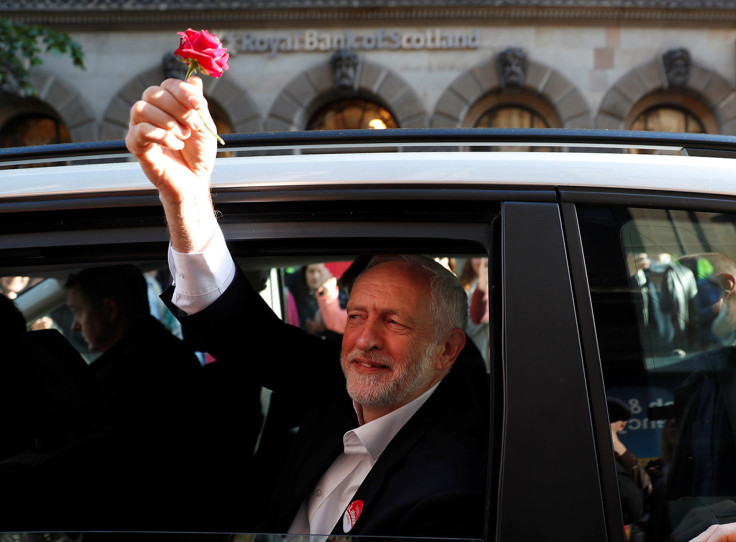What is a hung parliament?
The 2017 and 2010 general elections produced a hung parliament - here's what that means.
Following the 2017 general election, the Conservatives are the largest party, but have fallen short of a majority - which means a hung parliament.
British elections are decided using the first past the post system, in which one party needs to win at least 50% of the seats in the House of Commons (326 out of a total of 650) to form a government.
What is a hung parliament?
A hung parliament occurs when no political party has enough seats to secure an overall majority in the House of Commons.
If there is a hung parliament, the previous government may remain in power during a period of negotiation - which could take days - as they look to form a coalition with smaller parties.
Will Theresa May stay in power if there is a hung parliament?
The previous government might remain in position whilst there is a period of negotiation to build a coalition, or they might decide to try and govern with a minority of Members of Parliament, making it harder to win votes on legislation - meaning lots of compromise with other parties is needed.
If the incumbent government is unable to command a majority and decides to resign, the leader of the largest opposition party may be invited to form a government and may do so either as a minority or in coalition with another party or parties.
Has a hung parliament happened before?
Yes. There was a hung parliament in 2010 when the Conservatives formed a coalition with the Liberal Democrats, which took six days to negotiate and survived until the next election in 2015.

© Copyright IBTimes 2025. All rights reserved.






















